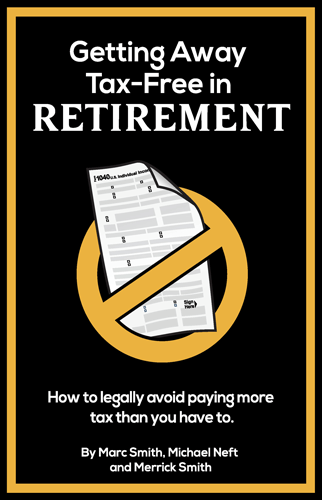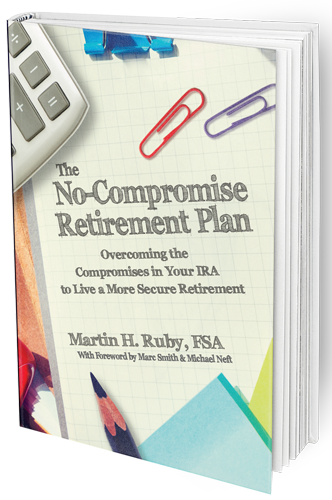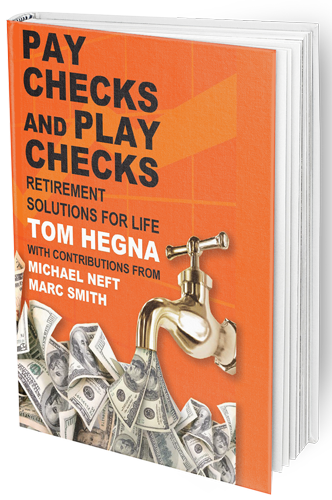When to Ignore the Crowd and Avoid a Roth IRA: Part 2
Last week, we at Secure Retirement Strategies discussed some of the reasons to avoid a Roth IRA. Continuing with our theme, we delineate below yet another possible concern with Roth IRAs: the risk of potential losses.
Potential Losses with a Roth IRA
If assets lose their value following a Roth conversion, the account owner will have paid more taxes than was necessary. IRA specialist Mr. Ed Slott makes notes that losses in a traditional IRA are shared with the government. Other possible concerns include:
*A conversion will raise your “stealth” taxes
Converting to a Roth IRA raises your income for that year, which means that benefits that exist for lower income levels might lose their value as your income goes up. Examples include tax breaks for university or the 20% deduction for pass-through businesses.
The tax on net investment income
Higher income during the year of a conversion may also help trigger the 3.8% tax on your net investment income, though the conversion amount is not subject to this tax. The threshold for this levy is $250,000 for married couples who file jointly and $200,000 for singles.
*You’ll need the IRA assets sooner rather than later
Roth and LIRP conversions frequently provide their greatest benefits when the account can grow for years untouched. If the payouts will be taken soon, there is less reason to convert.
*You make IRA donations to charity
Owners of traditional IRAs who are 70½ years and up can donate up to $100,000 of assets each year from their IRA to one or more charitable foundations and have the donations count towards their required payouts.
Roth IRA owners don’t benefit
This is often a highly tax-efficient switch, but Roth IRA owners do not benefit from it, which could be a reason to do a partial instead of a full conversion.
*Your financial aid will be affected
Retirement accounts are frequently excluded from financial-aid calculations, but income is not. If the income spike from a Roth conversion would decrease a financial-aid award, you should consider putting it on hold.
*You’ll have higher medical expenses
Under the current law, any unreimbursed medical expenses are tax deductible above a certain threshold. For somebody who’s in a nursing home or has other significant medical costs, this write-off could reduce or even eliminate taxable income. If all of the funds are in a Roth IRA, then the deduction is lost. With a LIRP, you will have access to your funds tax-free!
Summary:
A LIRP has many of the same tax free impact as a Roth IRA but many more. If you have any remaining questions about the potential benefits of a LIRP versus traditional and Roth IRAs, don’t hesitate to call Secure Retirement Strategies today 610-983-8531.
*You think Congress will tax Roth IRAs. Many savers worry about this, although specialists in the field don’t tend to. They argue that Congress prefers the up-front revenue that Roth IRAs and Roth conversions offer, and is more likely to restrict the present deduction for traditional IRAs and 401(k)s: as was considered the previous year.
Other proposals to limit the size of 401(k)s and IRAs to about $3.4 million, to make non-spouse heirs of traditional IRAs withdraw their funds within five years and require payouts from Roth IRAs at age 70½ also have not gained traction so far.
However, a LIRP will be free from “Congressional intervention,” as many congressmen already own their own LIRP!







